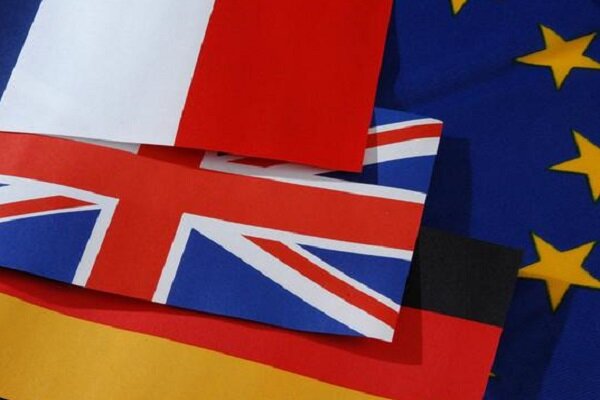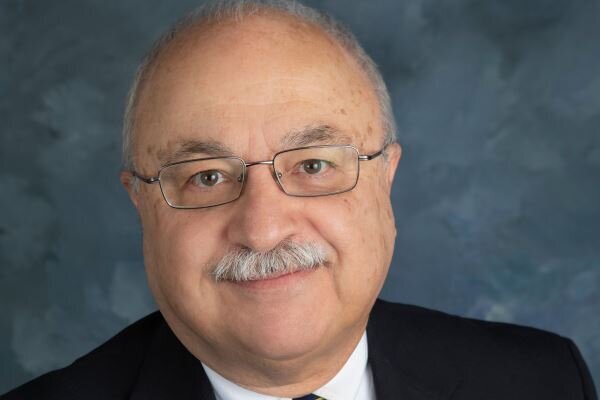
TEHRAN, (MNA) – Political scientist says resuming 20% enrichment of uranium is Iran's strongest signal to EU and US that the JCPOA cannot survive unless the West decides to start abiding by its obligations in a serious and meaningful way.
Given the E3 failure to fulfill its commitments under the JCPOA after Trump's illegal unilateral withdrawal from the deal, the Iranian government was obligated to reactivate some of its peaceful nuclear activities by the parliament.
Yesterday, Iran announced that it has begun 20% enrichment of uranium observing all formalities and notifying the IAEA which was confirmed by the agency.
Following Iran's move, the European Union claimed that Iran's move is a significant deviation from the nuclear deal.
To know more about the issue, we reached out to Nader Entessar, professor emeritus of political science from the University of South Alabama.
Here is the full text of his interview:

What is the message of Iran's move to E3 and the US?
For some time now, Iran has been sending signals to the Western parties, especially to the E3, that the JCPOA is not a one-way agreement in which only Iran is expected to abide by its commitments while the other parties refuse to fulfill their commitments under the nuclear deal. Most of the steps Iran has taken in the past two years have been incremental and minor that have not borne fruit. Iran's decision to start 20% enrichment at Fordo is the strongest signal to the E3 and the US that the bruised and injured body of the JCPOA cannot survive unless the West decides to start abiding by its obligations in a serious and meaningful way and that the time for the E3 to issue vacuous announcements is over.
To what extent can Iran's move press the E3 and the US to fulfill their commitments under the JCPOA?
Only time will tell. The E3 will follow the US lead in this matter. If the incoming Biden administration decides to return to the JCPOA without imposing further conditions, then Iran's latest move can be reversed. However, as President-Elect Biden and his foreign policy team have announced on numerous occasions, Washington's return to the JCPOA will be contingent upon redoing the JCPOA and imposing more restrictions on Iran in both nuclear and non-nuclear matters and debilitating Iran's defense as well as scientific capabilities.
Is Iran's move breaching international law and NPT?
No. There is nothing in general public international law or the Nonproliferation Treaty (NPT) that limits Iran to 20% uranium enrichment. Under the JCPOA, Iran had agreed to put significant limits on its uranium enrichment. Without the JCPOA, Iran will not be obligated to abide by its self-imposed limit of 20% enrichment.
E3 has reacted to Iran's move seriously while they didn't fulfill any of their commitments after Trump withdrew from the JCPOA. How do you assess their double standards?
As I have repeatedly stated in previous interviews, Europe is not an independent player with respect to the Iran nuclear deal. Rather, Europe, or more specifically the E3, is an adjunct to the US in its Iran dealings, specifically in nuclear and defense matters. Unfortunately, some people in Iran have operated under the illusion that the E3 can be trusted to act independently of the US with respect to the JCPOA and other related issues. The E3's actions in the past four years should have disabused Iran from its belief in European independence from Washington.
Interview by Payman Yazdani

No comments:
Post a Comment